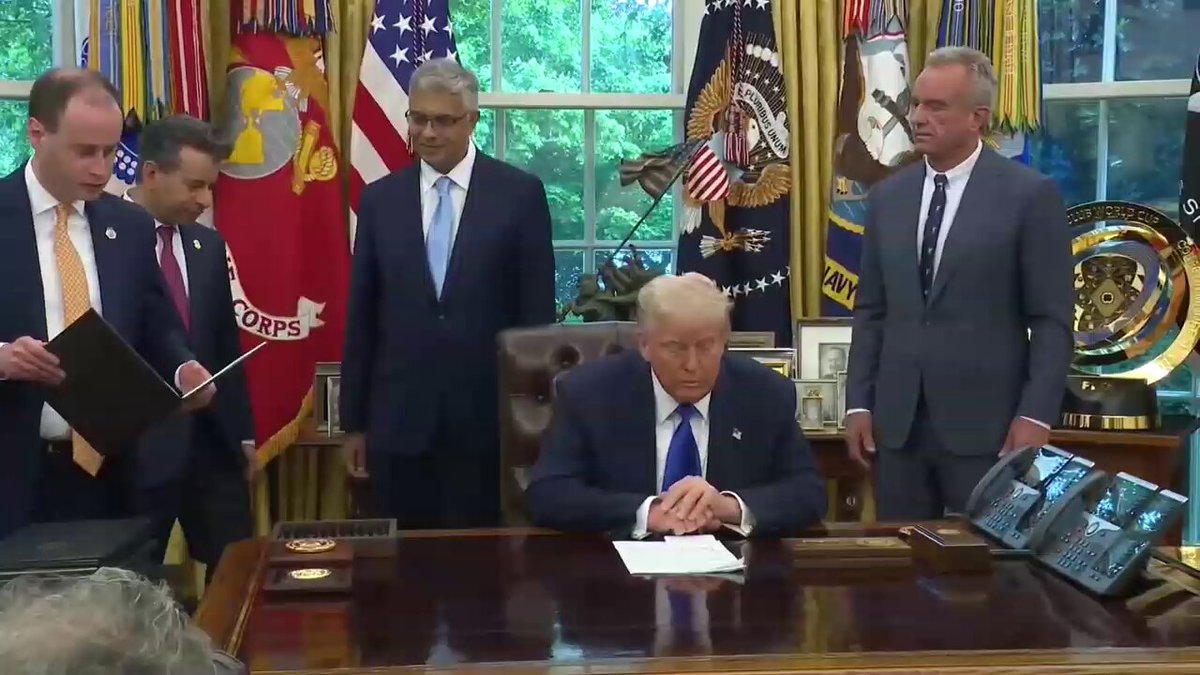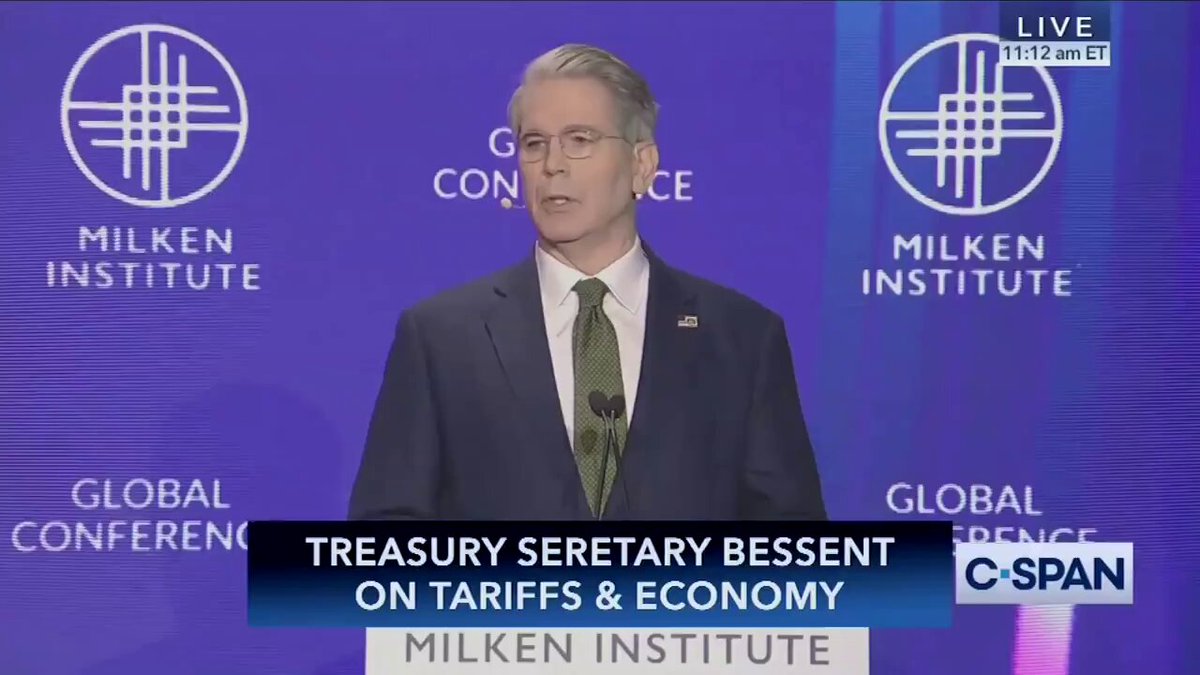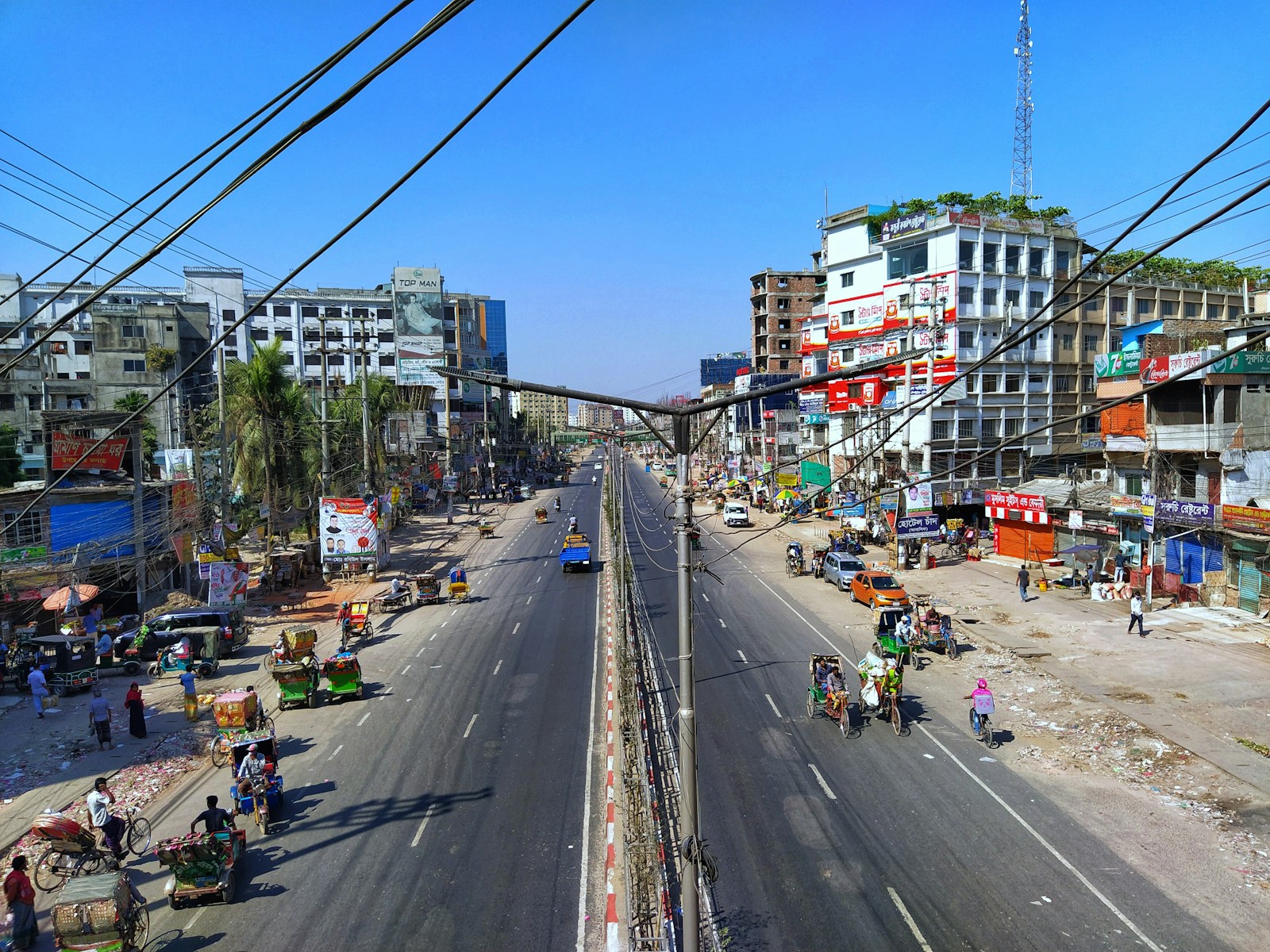Recent turmoil in Bangladesh has sparked fears for the safety of Christians and other minority religious groups. Following a violent upheaval and the subsequent ousting of Prime Minister Sheikh Hasina, the situation has taken a dire turn. Amid this chaos, sword-wielding extremists have begun targeting those who practice Christianity, marking their homes with crosses as a terrifying signal of impending violence.
In a grim landscape shaped by a recent military coup, Joel Veldkamp, who oversees international communications for Christian Solidarity International, shared insights into the chaos that has unfolded since Hasina fled the country, prompting widespread rioting. With around 600 lives lost in the unrest, it has been reported that mobs consisting mainly of Islamist extremists have turned their aggression toward religious minorities, including Buddhists and Hindus.
Nobel Peace Prize laureate Muhammad Yunus has been appointed to lead an interim government aimed at restoring order, although instability remains rampant. The atmosphere of fear has escalated greatly, heightening concerns about increased violence against Christians and other non-Muslims in this majority-Muslim nation. Veldkamp emphasized the disturbing shift away from a long-standing tradition of secularism and tolerance that had been prevalent in Bangladesh.
One harrowing account shared by Veldkamp recounts the escape of a local Christian leader who was threatened at gunpoint by extremists. “They told him and his wife that this is going to be a 100% Muslim country from now on,” he explained, underlining the urgency for this couple to flee for their lives. During his escape, he witnessed horrific scenes, including attacks on fellow Christians and houses being marked for future assaults.
The brutality is not confined to individual threats. Reports indicate a wave of violence targeting Hindu temples and Christian places of worship, with numerous churches vandalized and all Christian schools shut down. Teachers have been coerced into wearing hijabs, aligning with the extreme demands of the new militant climate.
As police forces are allegedly being supplanted by members of these extremist factions, Veldkamp expressed profound concern about the future for religious minorities in Bangladesh. It’s a situation that has ignited international alarm, drawing attention to a country now grappling with a violent shift that threatens the lives of countless individuals.
With the prevailing unrest, those who belong to minority faiths are left navigating a landscape fraught with terror and uncertainty. As activists push for aid and support, the fate of minorities in Bangladesh remains precariously suspended.







Leave a Reply